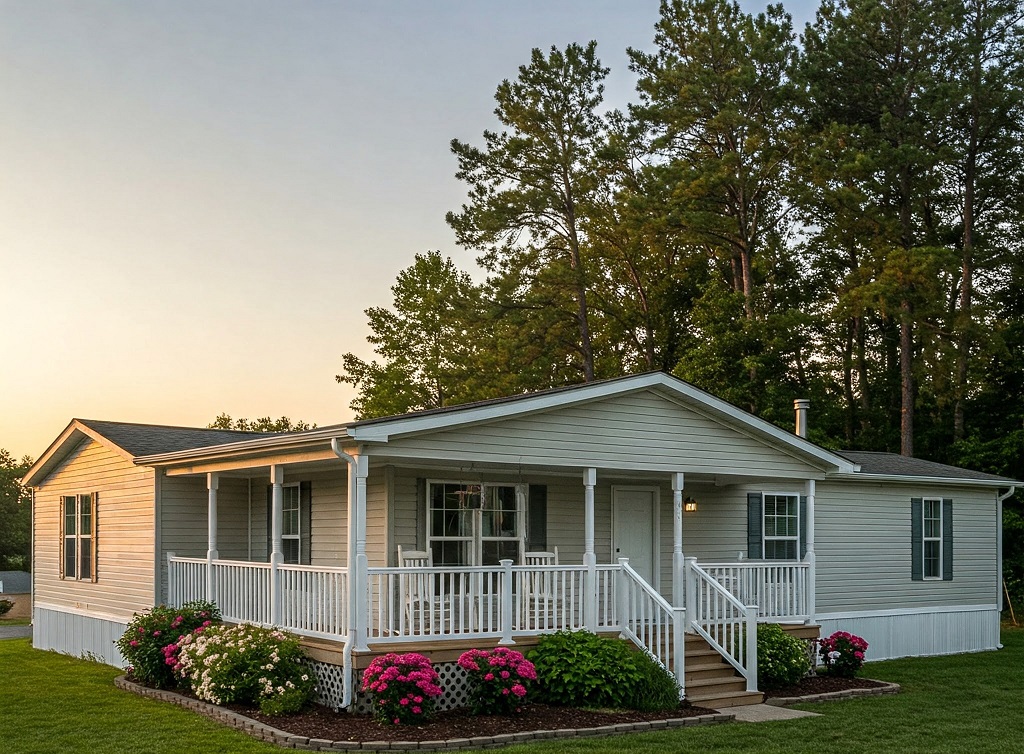
How to Inspect a Manufactured Home Before Buying
Key Takeaways:
- Essential inspection areas for manufactured homes
- Understanding the importance of professional evaluations
- Key features to enhance long-term value and comfort
The Importance of Inspection
An inspection is a critical step in purchasing any home. This is especially true for manufactured homes, which use unique construction methods and materials. An inspection provides insights into the condition and overall value of the property, identifying potential problems before they become costly repairs. Those interested in manufactured homes for sale should prioritize a thorough inspection to ensure that the home meets personal and structural standards.
Exterior Areas to Check
Start your inspection with the exterior, focusing on the home’s siding and roof. Look for signs of wear, such as cracks, mold, or visible damage. To stop drafts and water intrusion, make sure the windows and doors are properly sealed and functional. The condition of skirting, which covers the space between the ground and the home, is also crucial as it plays a role in insulation and deterring pests. Regular maintenance of these elements is essential for the longevity of the home.
Interior-Focused Inspections
Inside the home, examine the walls, floors, and ceilings for any signs of water damage, indicating leaks or inadequate insulation. Pay attention to the condition of the flooring, especially around wet areas like bathrooms and kitchens. Inspect the HVAC system for noises and ensure it functions efficiently. Maintaining air quality and controlling home temperatures require adequate ventilation.
Plumbing and Electrical Systems
Proper functioning of plumbing and electrical systems is vital for comfort and safety. Check all faucets for leaks and proper pressure, and examine visible plumbing for signs of deterioration. Test outlets and look for old wiring to make sure the electrical system satisfies current safety regulations. For added peace of mind, consider consulting with an expert to verify the health of these systems.
Structural Integrity and Foundation
A manufactured home’s structural integrity and foundation are paramount as they support the entire building. Inspect the undersides for rust, corrosion, or damage to the chassis and beams. The foundation should be stable, with no signs of shifting. This is especially important for mobile homes due to their design. Any imperfections here could indicate serious issues that require immediate attention and repair.
Seeking Professional Help
While inspecting a manufactured home yourself can be insightful, hiring a professional inspector provides a more comprehensive evaluation. Trained inspectors can uncover issues that may not be immediately evident, offering peace of mind before investing. Additionally, they can provide a detailed report outlining the current condition and necessary future maintenance, equipping you with knowledge for an informed purchase.
Final Considerations
Once the inspection is complete, review the findings and consider any needed repairs or improvements. Weigh the costs of these enhancements against the home’s purchase price and future value. Understanding the full picture helps determine whether the manufactured home meets your needs and financial parameters. Ultimately, a comprehensive inspection safeguards your investment and ensures a comfortable and secure living environment.